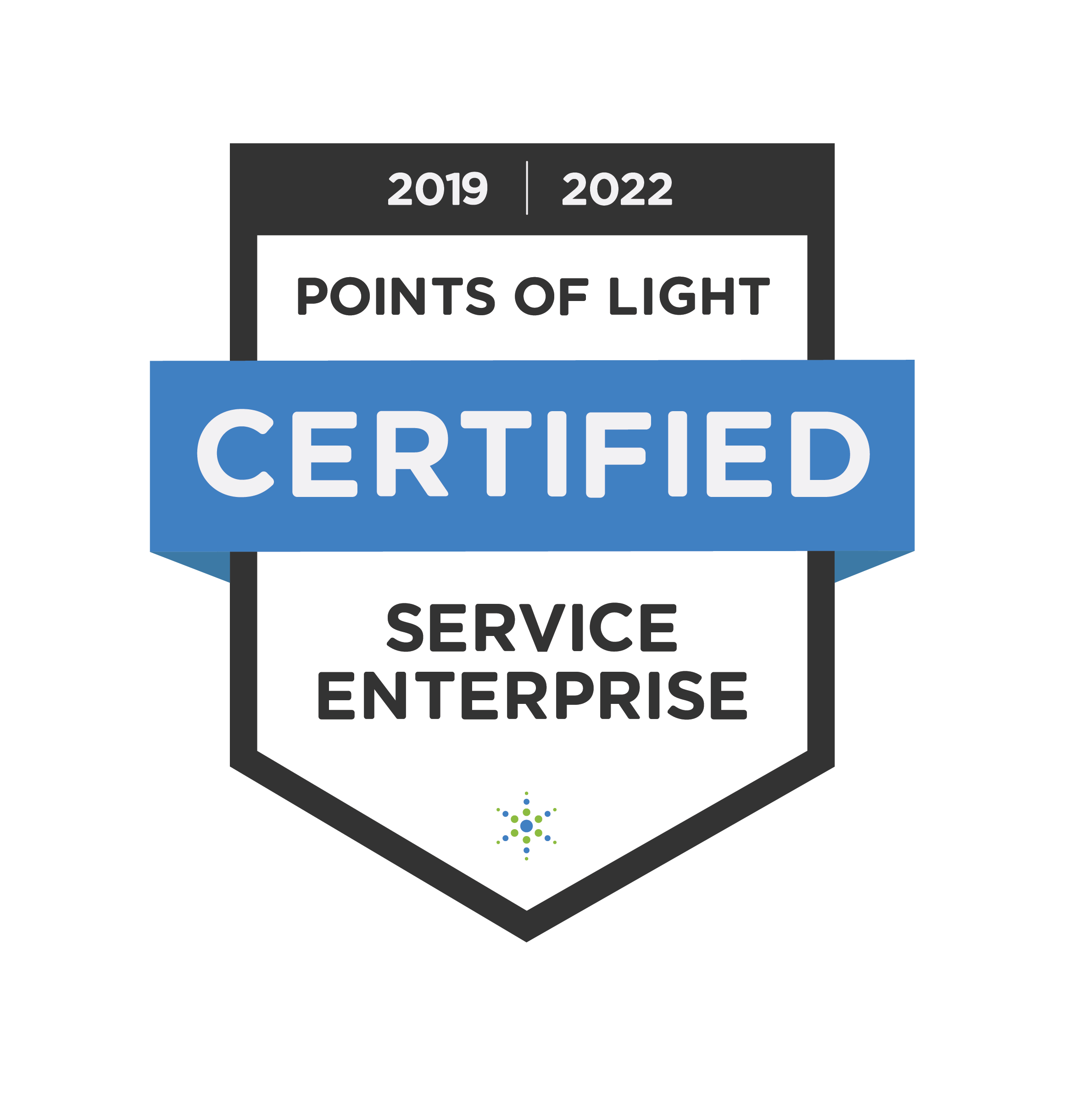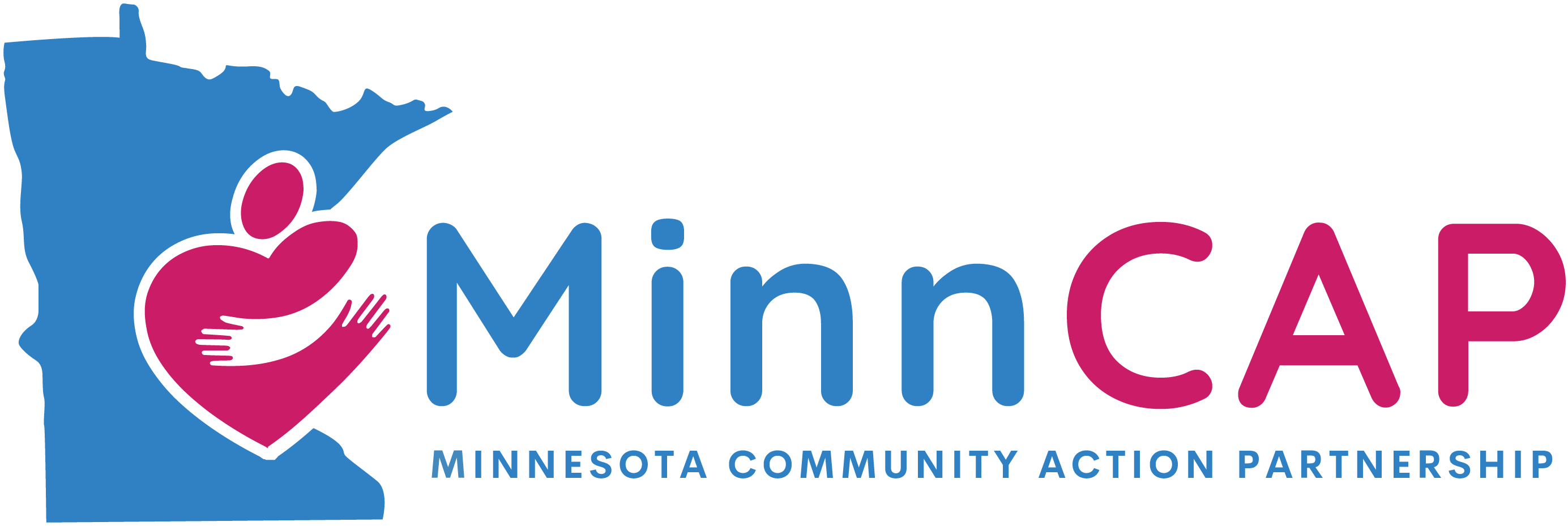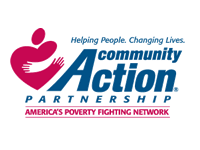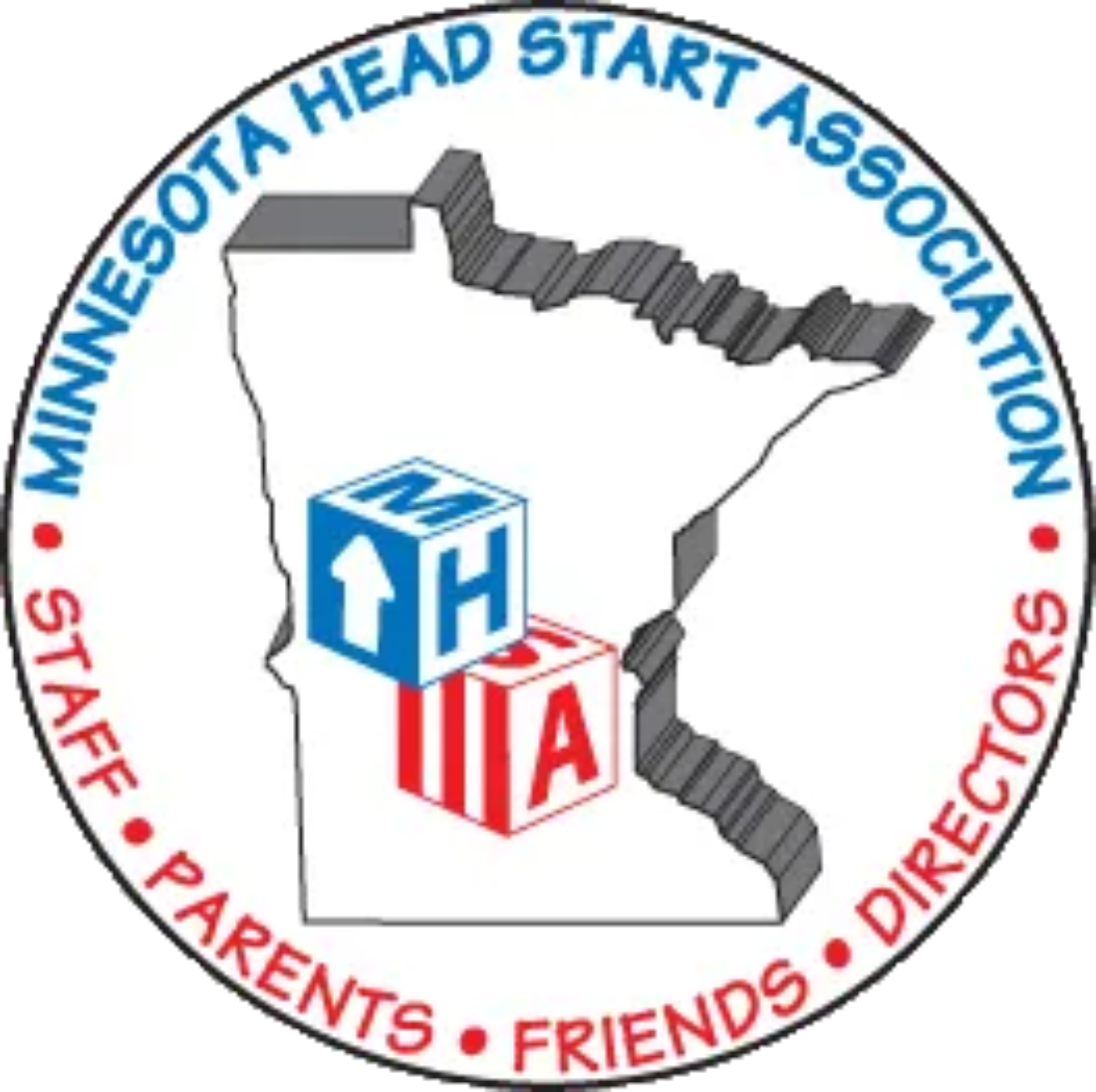February 14, 2019 | Vol. 6 No. 5
It’s not enough to know that there is a great deal of inequality in the United States and around the world. We need to know not only how much? But also how? If we can see how the rules of the game are rigged to create and sustain inequality, we can see how they might be unrigged – how a different set of rules and arrangements might be created.
- Michael Schwalbe
A little more than a century ago, German sociologist Max Weber famously put forth a theoretical model which, when translated to English, become known as the “iron cage.” In essence, the concept of the “iron cage” is that people are forced and confined to their social condition based on the “teleological” agenda of a government or bureaucracy.
Teleology can be defined as “the reason or explanation for something in the function of its end, purpose, or goal. Put another way, if a ruling body rationalizes that a certain population is inferior (morally, physically, intellectually, etc.), then they basically have the lawful authority to oppress that population.
In his 1979 classic book Iron Cages, the late historian and forerunner in the arena of ethnic studies, Ronald Takaki, demonstrates how White attitudes toward populations of color — which were in large part fueled by pseudo-science and quasi-medicine, propaganda and untruths, and other strategies of domination — shaped the foundation of race and culture in the United States.
Such strategies were used as a justification for slavery and Jim Crow, the forced removal and genocide of indigenous people, and the historic marginalization of other “minorities” including Mexican and Chinese people. Moreover, the legacy of these policies, practices and attitudes continues to permeate American culture today in myriad ways, some easily seen, others unseen.
Today, while we live in a society that has passed a litany of civil rights bills and other legal protections, rampant social inequality (particularly among those of color) continues to exist. And, not only are many of those aforementioned laws under constant threat, but there are scores of systematic tools and tactics that counter any movements to effect change and bring about increased equity.
Sociologist Michael Schwalbe identifies a number of these dubious tactics in his book Rigging the Game: How Inequality is Reproduced in Everyday Life. Schwalbe expands on the writings of Takaki (and others like Michael Omi and Howard Winant) in exploring the “roots of inequality” in America and links it to how the game is still rigged today in favor of the wealthy and powerful.
This of course relegates the poor, people of color, women and others to the margins of society; or to their “iron cage.”
Among the tools that reproduce and sustain inequality, Schwalbe identifies the redlining of neighborhoods, tax breaks and loopholes for the rich, voter suppression and gerrymandering, and barriers to employment and education (or “getting in the game”). He also speaks to some of the “legal” definitions of the day such as “money is speech” and “corporations are people.”
These realities allow the wealthy become even more adept at “making government serve their interests.” This, in turn, undermines our democracy.
Without question, none of this is new to most Americans. Nonetheless, this is the arena in which our fight against poverty, racism and injustice must take place. We must continue to call out and challenge the so-called rules that “rig the game.”
We must not surrender to the idea that nothing can be done. We must resist and conquer the narrative that continues to “blame the victims” for their plight. And perhaps more than anything else, we must see and respect one another as human beings.
As Schwalbe concludes, “A rigged game, one that creates and perpetuates inequality…diminishes our humanity. If we want to do better than this, we need to critically analyze the rigged game in which we’re caught and which we help to reproduce. The next step is to change it.”









